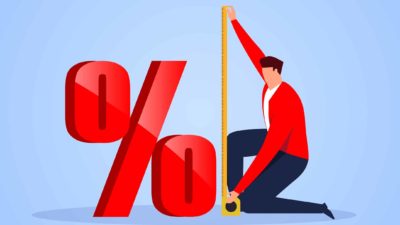With the federal election looming around the corner, ASX shares are again in the limelight. At the time of writing, the S&P/ASX 200 Index (ASX: XJO) is up 0.36%.

The stock market has shrugged off a number of pressures already this year, so how might an election feed into the mix?
Different government means different policy
According to analysts at UBS, if there is a change of government, that could spell a slightly different outcome for investors in 2022 and beyond.
"Leading into the last election there were material policy differences proposed by the main opposition Labor Party, especially for housing and taxation," UBS analysts said, cited by The Australian.
"These included: negative gearing, capital gains tax, franking credits, trusts, income tax, penalty rates, and a 'living wage' which could have seen the minimum wage rise by around 10 per cent," they added.
"This time, policy differences between the government and Labor are narrower; and the economic and market implications are not expected to be as material."
In the past, UBS said the stock market hadn't really been impacted by a change of government, although, when checking the data, consumer discretionary shares tended to get a boost when the cabinet rolled over.
Instead of a material threat to ASX shares directly, UBS says the major undertone set to impact the stock market is rising interest rates. That's set to impact the real economy, instead.
"Even for the longest possible duration mortgage of 30 years (which mutes the impact), an increase in mortgage rates, from 2%–4%, raises required repayments by around 29%; and a lift in rates to 4.5% (ie, a 250 basis point increase reflecting the shift from fixed to variable, plus an assumed 200 basis point rise in variable rates) increases repayments by around 37%," UBS analysts said.
One other factor hitting the election polls this year is the cost of living and inflation. Whoever is in government after the nation votes, is set to "take a lot of heat", according to Brendan Coates of the Grattan Institute.
"There's a lot of frustration that wages have not risen in a meaningful way over the past decade," Coates said, cited by Bloomberg.
"There are big concerns about cost of living right now."









